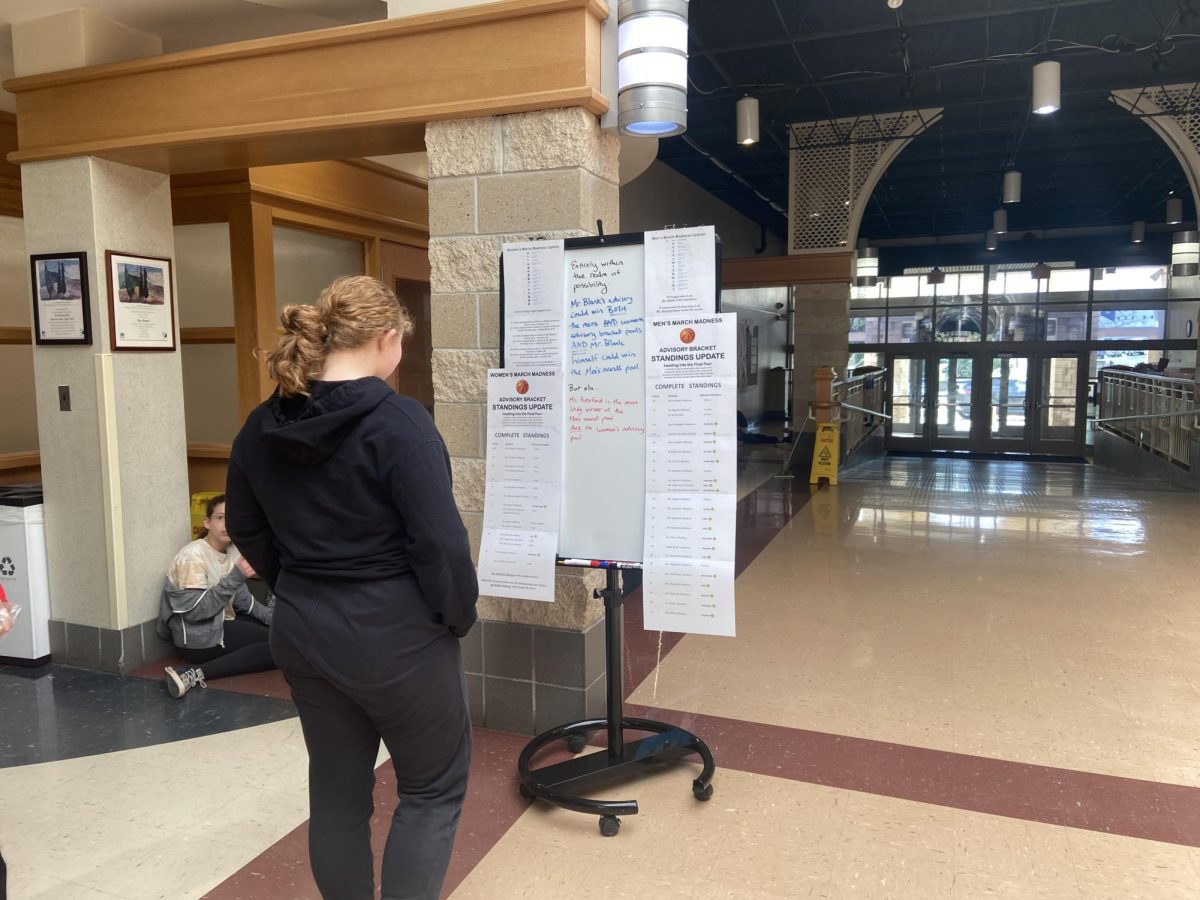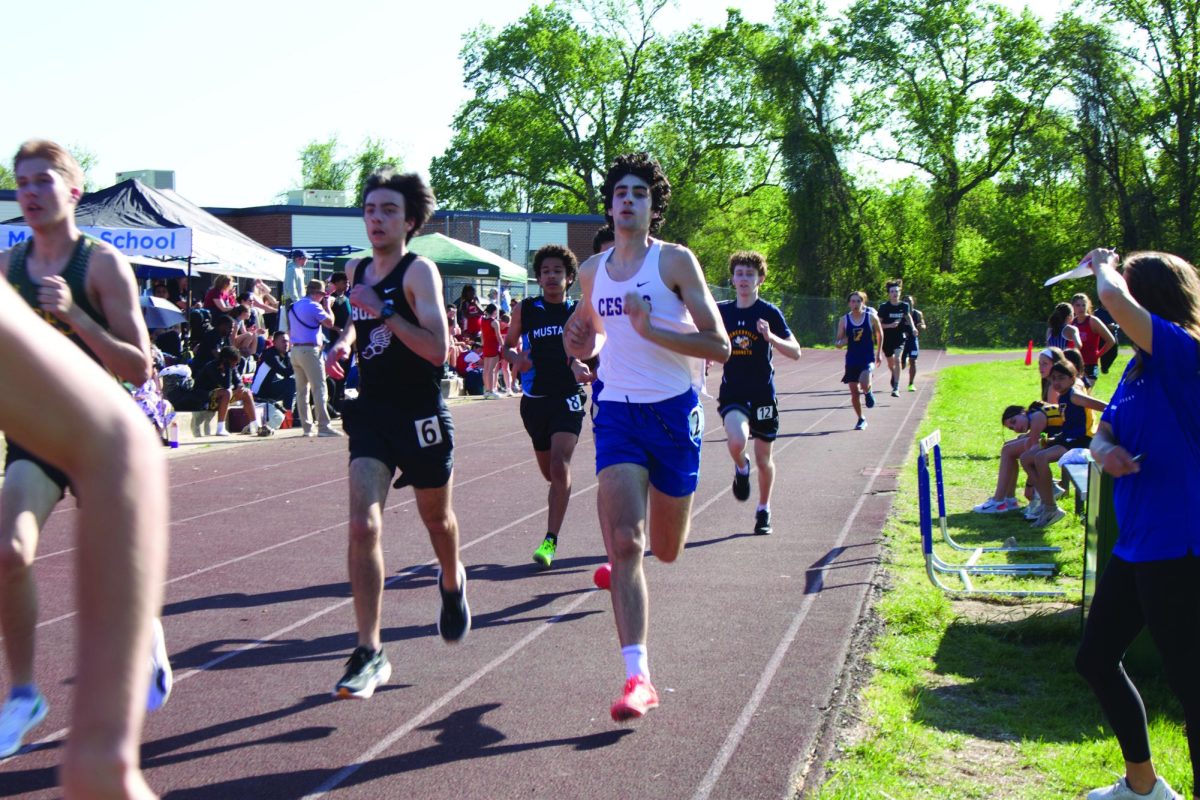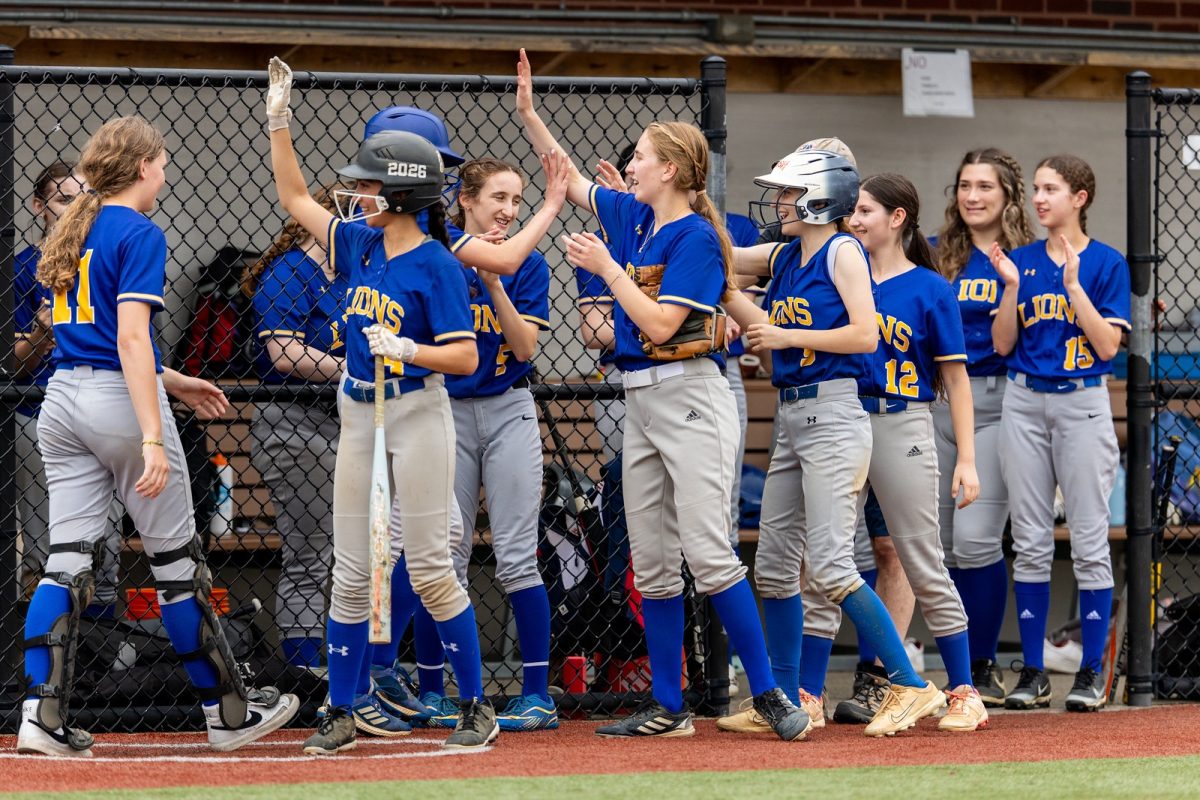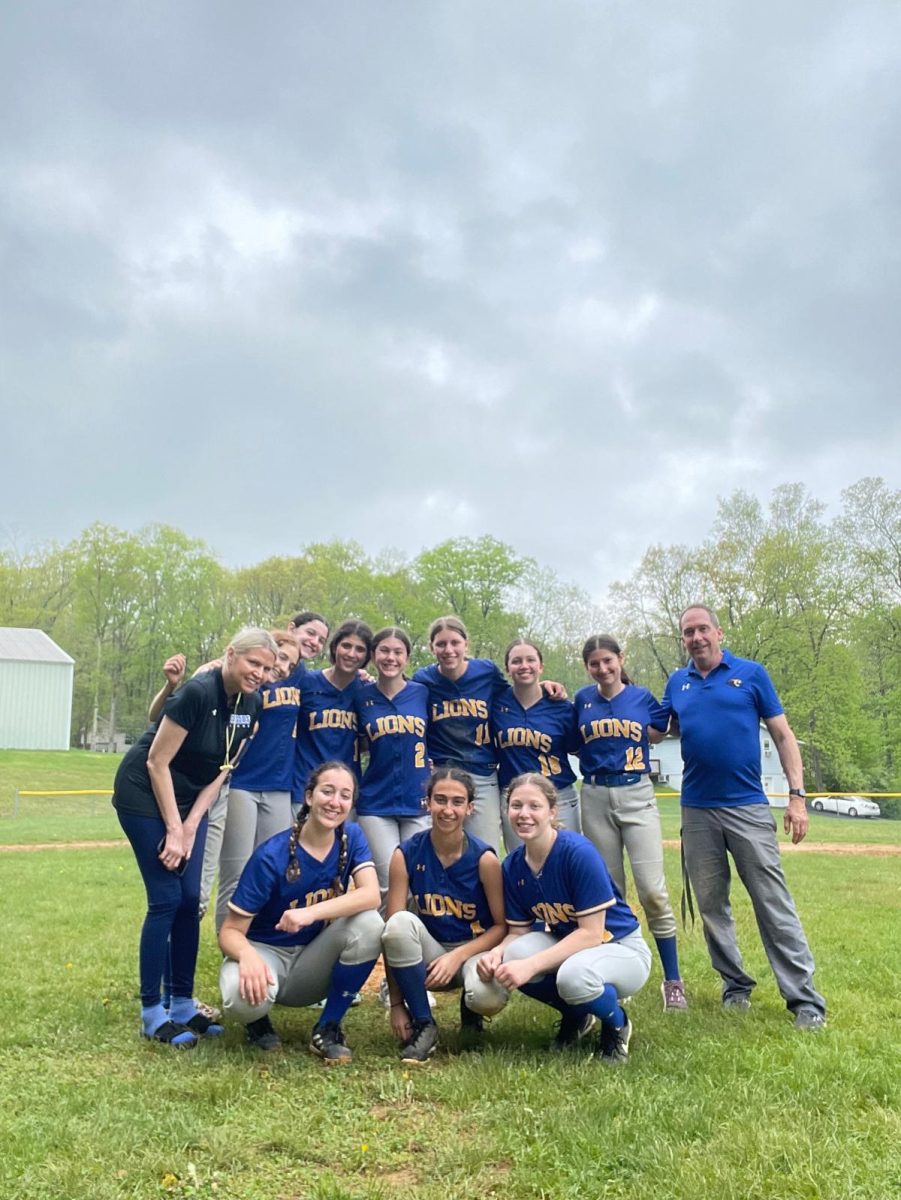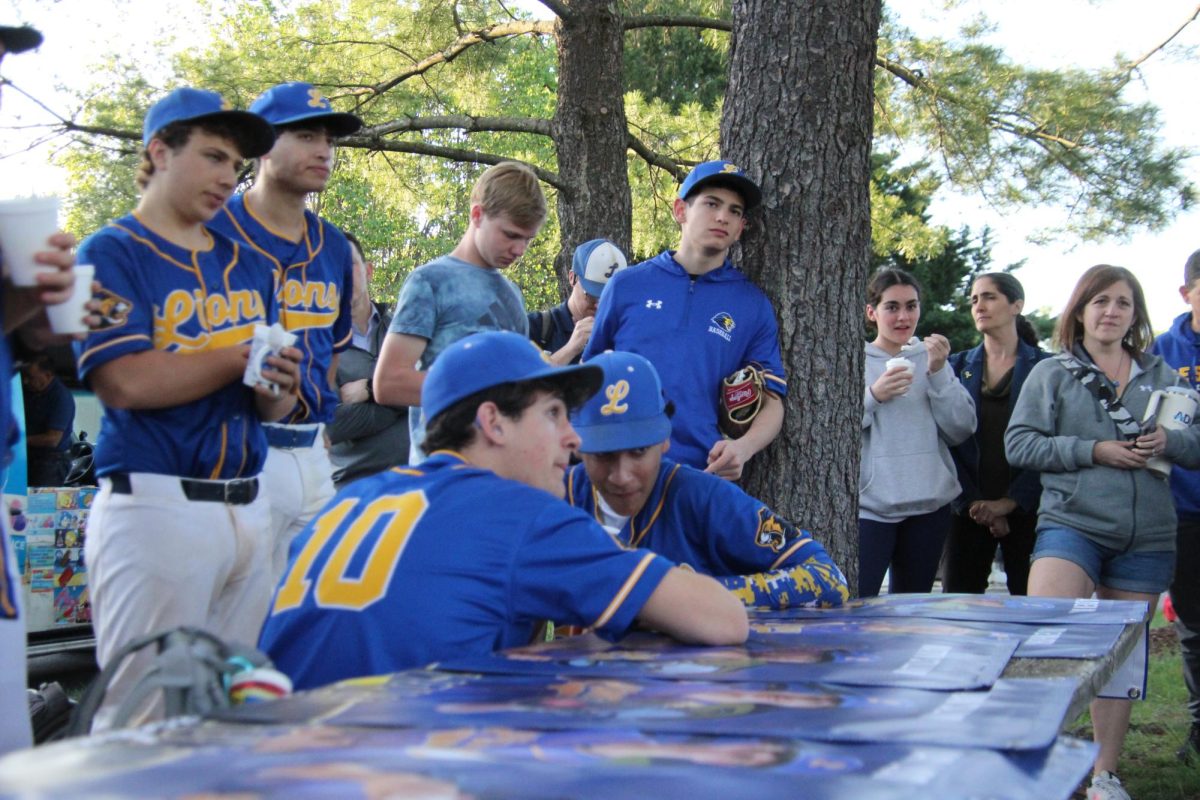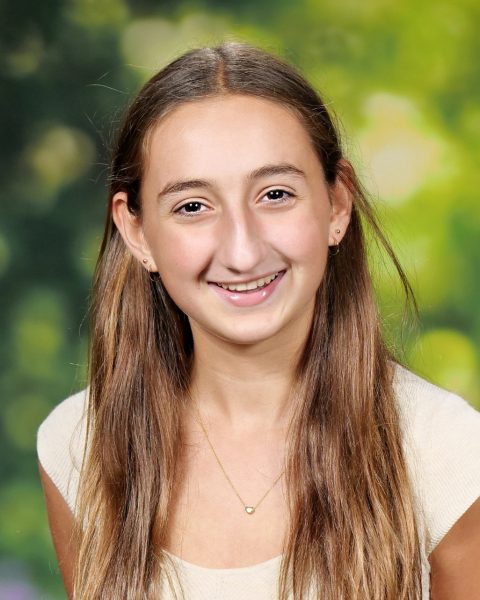In the final moments of the Clemson University versus the University of Arizona March Madness sweet 16 game, shooting guard Dillion Hunter’s layup sealed a victory for Clemson. This shattered freshman Michael Rubinstein’s chance of winning Sports Analysis Club’s March Madness tournament. Rubinstein, who had led the tournament standings for days, saw his ranking plummet as Arizona, his chosen team for the men’s bracket, was eliminated.
March Madness is an annual National Collegiate Athletic Association (NCAA) men and women’s tournament featuring 68 Division I teams that compete in a single-elimination format. It runs from late March to early April, attracting widespread attention due to its unpredictable outcomes. During March Madness, fans across the country fill out brackets predicting the outcome of the tournaments–a completely accurate bracket has never been completed before.
The Sports Analysis Club has a longstanding tradition of creating a March Madness pool for CESJDS students, parents and teachers with a prize for the winner. This year’s prize is a jersey of the winner’s choosing and a $25 gift card for first place, with decreasing amounts of money for second and third.
“It’s a way for [people] to be competitive,” Rubinstein said. “It’s almost like anybody can win, you don’t have to be really good at something to win the March Madness bracket, it’s just chance. You can very much win the March Madness bracket without ever watching a single second of college basketball, so it makes it really fun.”
That was the case for last year’s March Madness winner high school Jewish history teacher Sara Coxe, who won by choosing the college her husband attended.
“[March Madness] makes me care about who wins some of the games…” Coxe said. “[When picking teams] don’t do what I did.”
Founded in 2021 by alumnus Ethan Safra (‘24), the Sports Analysis Club participates in sport-related activities such as fantasy football and other sport bracket challenges. The club doesn’t have a set day or time that it meets and emails out information before programming or meetings.
Tenth Grade Dean, High School Learning Specialist and advisor of Sports Analysis Club Brett Kugler believes that having a full school activity that engages all parts of the school builds the JDS community.
“It’s an event that is inclusive of everybody,” Kugler said. “We have teachers participating and students participating, and to be able to have that friendly banter and celebrate a shared love of sports with the whole school…is really a wonderful way to get everyone involved.”
Freshman and co-president Micah Brickman said that the Sports Analysis club runs a March Madness pool as a method of publicity for the club and to allow the whole school to have fun with sports. He recommends that all JDS students who have an interest in sports join the club.
“[Sports Analysis Club] lets me challenge myself and think about sports with other people,” Brickman said.
This year 109 people are participating in the men’s pool, and 48 in the women’s pool at JDS. Every advisory is also participating in the tournament and filled out the bracket as a group in the meeting preceding the tournament. At first, advisories were only told to fill the men’s bracket. However, students came forward and suggested that advisories fill out women’s brackets as well, resulting in an additional advisory meeting where students and teachers did just that.
“Having something that everyone can get involved in and have fun with in a low stakes environment is incredibly exciting,” Kugler said. “Everybody finds their way into this realm of sports, whether you’re an expert or not, anybody can pick teams. To me that’s one of the things that really makes it more fun and inclusive and exciting.”
Winners of the pools will be announced during Kab Shab on April 12.


